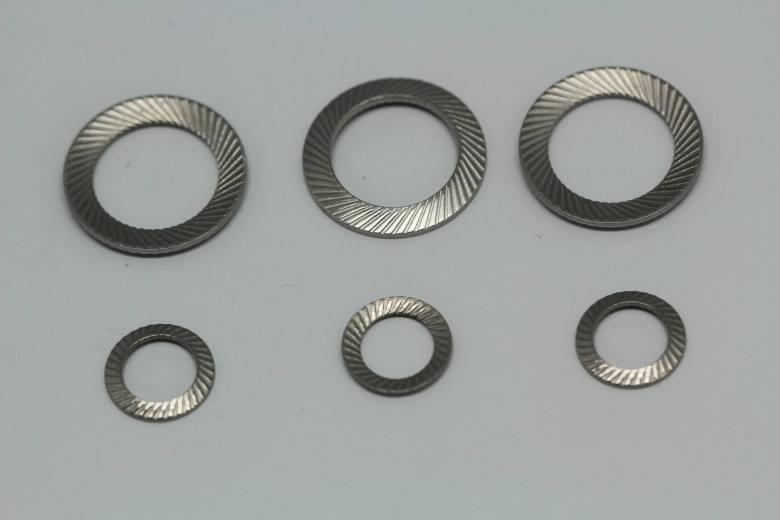flat washer types6 company
Understanding Flat Washer Types A Comprehensive Guide
Flat washers are fundamental components in various applications, providing essential functions like load distribution, vibration damping, and surface protection. With numerous types available on the market, it’s crucial to understand the characteristics and best applications for each type. This article delves into six prominent types of flat washers and highlights their unique features, advantages, and typical use cases.
1. Standard Flat Washers
Standard flat washers are the most commonly used type, made from various materials such as steel, stainless steel, and plastic. These washers are designed to distribute the load of a fastener evenly over a surface, reducing the chance of damage and increasing the stability of the assembly. They are widely used in construction, automotive, and manufacturing industries, making them an essential component in many applications.
2. Fender Washers
Fender washers are characterized by their larger outer diameter compared to standard washers. This design helps them spread the load over a larger area, making them particularly useful in applications where the material being fastened is prone to deformation, such as soft metals or thin sheets. Fender washers are often used in automotive applications, boat construction, and various DIY projects, proving their versatility and effectiveness in load distribution.
3. Lock Washers
Lock washers are specialized flat washers featuring a unique design meant to prevent loosening of fasteners due to vibration and movement. There are two main types of lock washers external and internal. External lock washers are designed with speared edges that bite into the surface of the material, while internal lock washers have teeth that grip on the fastener itself. These washers are predominantly used in mechanical applications, where maintaining tightness is critical, such as in engines and heavy machinery.
flat washer types6 company

4. Structural Washers
Structural washers, often referred to as thick washers, are designed to provide additional strength and support in high-stress applications. They are usually made from high-strength materials and feature a larger outer diameter to distribute loads even further. These washers are primarily used in construction and engineering applications, such as connection points in steel and wood structures, ensuring that heavy loads are managed effectively.
5. Insulated Washers
Insulated washers serve a dual purpose of physical separation and electrical insulation. They are typically made from materials like rubber or nylon and are especially useful in electrical installations where preventing shorts and protecting components from corrosion is essential. Insulated washers are commonly used in appliances, automotive electrical systems, and circuit boards, providing both support and safety.
6. Belleville Washers
Belleville washers, also known as disc or spring washers, are designed for applications requiring flexibility and load retention. They have a conical shape that allows them to compress and expand under pressure, which makes them ideal for managing bolt preload and maintaining tension in dynamic assemblies. These washers are frequently employed in high-performance environments, such as aerospace and automotive applications, where precise control of tension and load is critical.
Conclusion
Selecting the right flat washer is essential for ensuring the longevity and effectiveness of any assembly. Whether you are working on a construction project, automotive repair, or an electronic setup, understanding the different types of flat washers available can significantly impact the success of your project. By considering the unique properties and applications of standard flat washers, fender washers, lock washers, structural washers, insulated washers, and Belleville washers, you can make informed decisions to optimize your assembly processes. Each type plays a crucial role in enhancing performance and reliability, underscoring the importance of choosing the correct washer for specific tasks. With this knowledge, engineers, technicians, and DIY enthusiasts alike can ensure that their projects are safe, effective, and durable.
-
Top Choices for Plasterboard FixingNewsDec.26,2024
-
The Versatility of Specialty WashersNewsDec.26,2024
-
Secure Your ProjectsNewsDec.26,2024
-
Essential Screws for Chipboard Flooring ProjectsNewsDec.26,2024
-
Choosing the Right Drywall ScrewsNewsDec.26,2024
-
Black Phosphate Screws for Superior PerformanceNewsDec.26,2024
-
The Versatile Choice of Nylon Flat Washers for Your NeedsNewsDec.18,2024










